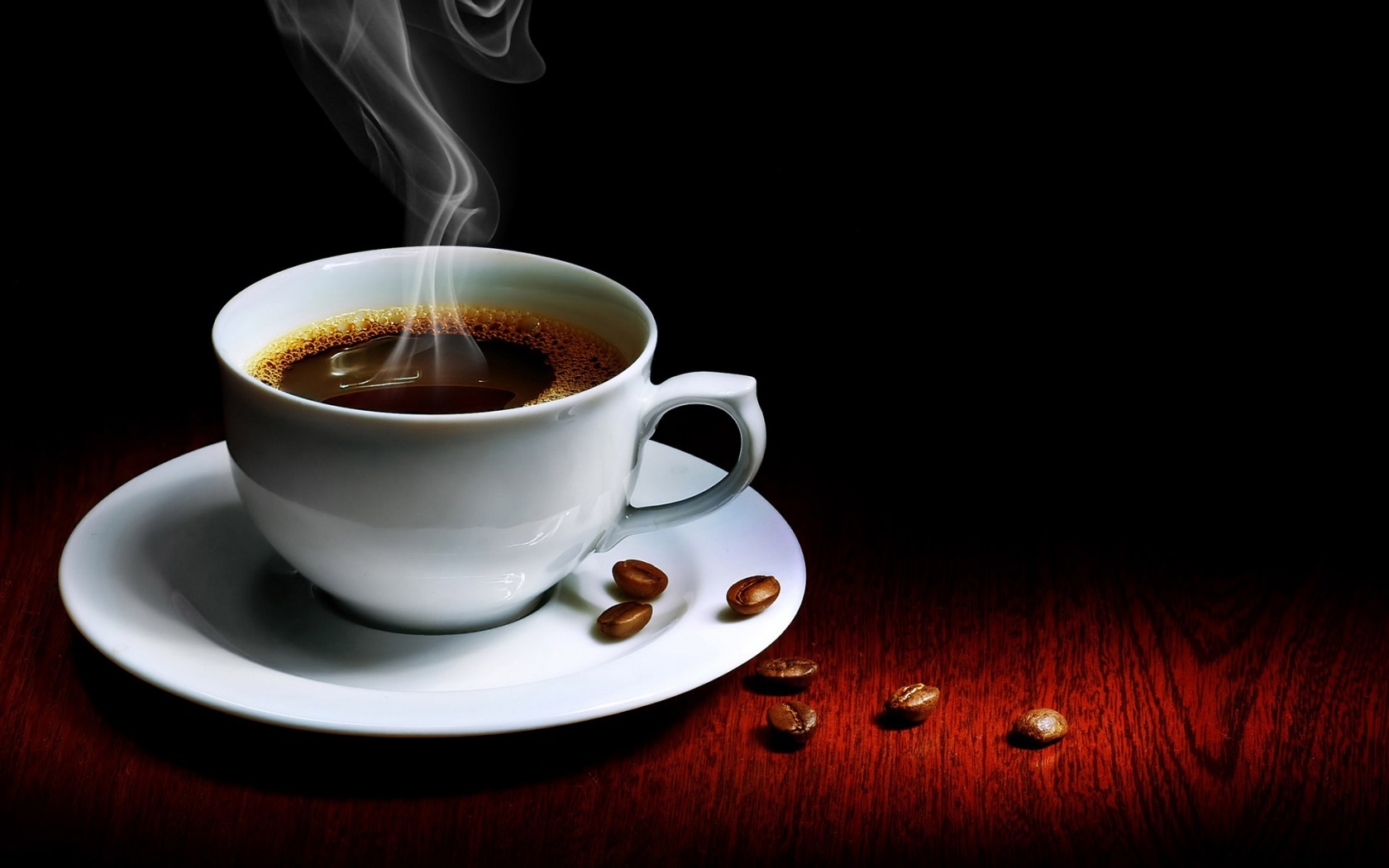
Cup of coffee Coffee Photo (17731301) Fanpop
Caffeine in powder or liquid form can provide toxic levels of caffeine, the U.S. Food and Drug Administration has cautioned. Just one teaspoon of powdered caffeine is equivalent to about 28 cups of coffee. Such high levels of caffeine can cause serious health problems and possibly death. Although caffeine use may be safe for adults, it's not a.
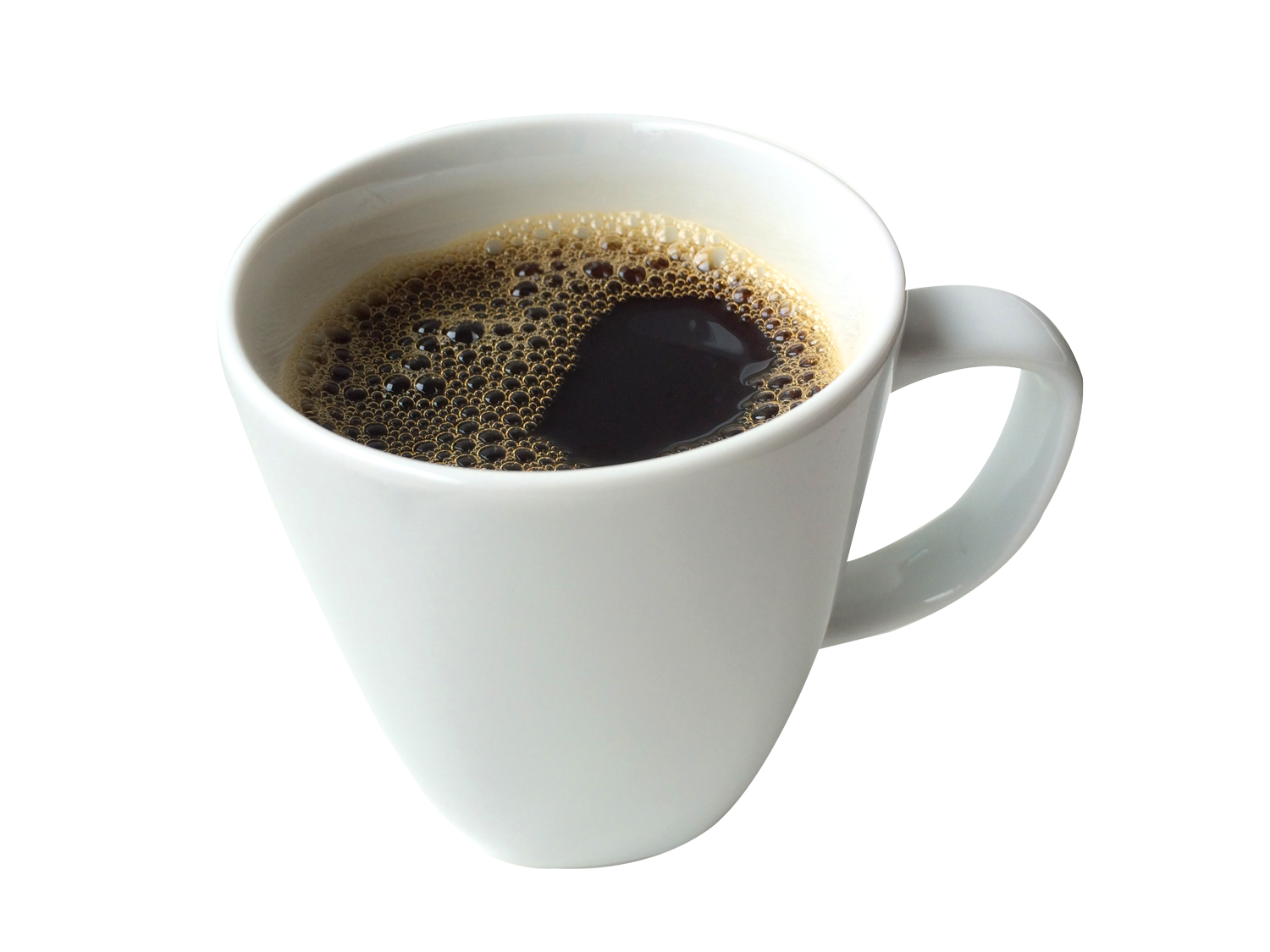
Cup coffee PNG PNG image with transparent background
According to the USDA, an average cup of brewed filter coffee contains 96 milligrams (mg) of caffeine. Still, caffeine levels vary greatly depending on your coffee drink of choice. Different coffee - starting with beans, brands, ending with brewing methods - all influence the jolt you get from your morning cup.

Cultivating Community How to Get Fair Trade, Organic, and Shade Grown Coffee into the Church
Discover Amazing Coffees From All Over The World- Freshly Roasted & Delivered To Your Door. Best Coffee Subscription - UK Wide Free Delivery. Use Code COFFEE20 to Save 20%

Moral Story A Carrot, An Egg and A Cup of Coffee Happy Dietitian
Caffeine may have a greater effect on people who are sensitive to it. Caffeine has a half-life of about 5 hours. Someone who consumes 40 milligrams (mg) of caffeine will have 20 mg remaining in.
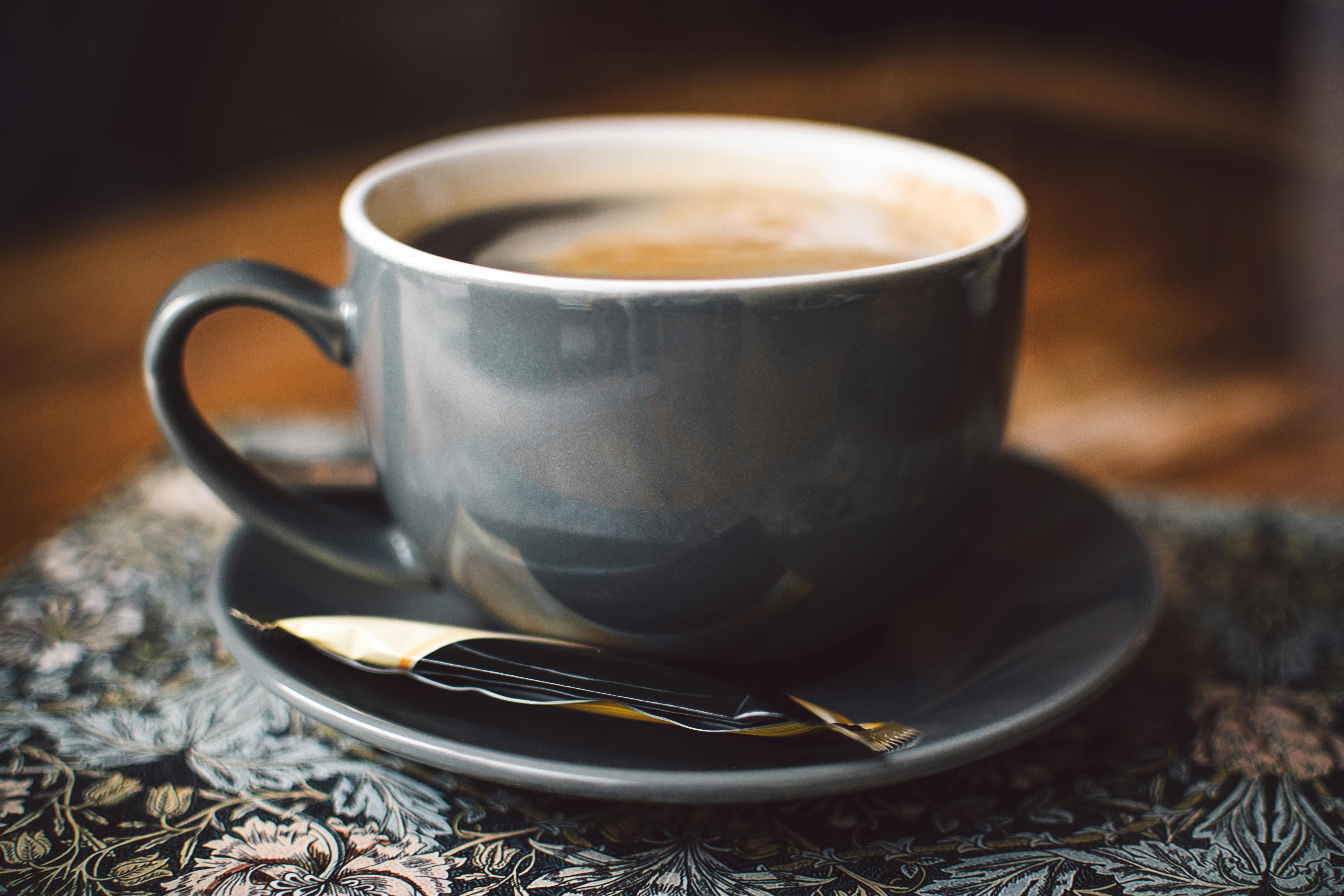
Free stock photos of coffee cup · Pexels
Coffee Direct Is The UK's Go To Source For Freshly Roasted Coffees. Find Fresh Coffee Roasted To Order Priced from £11.99. Free Delivery!
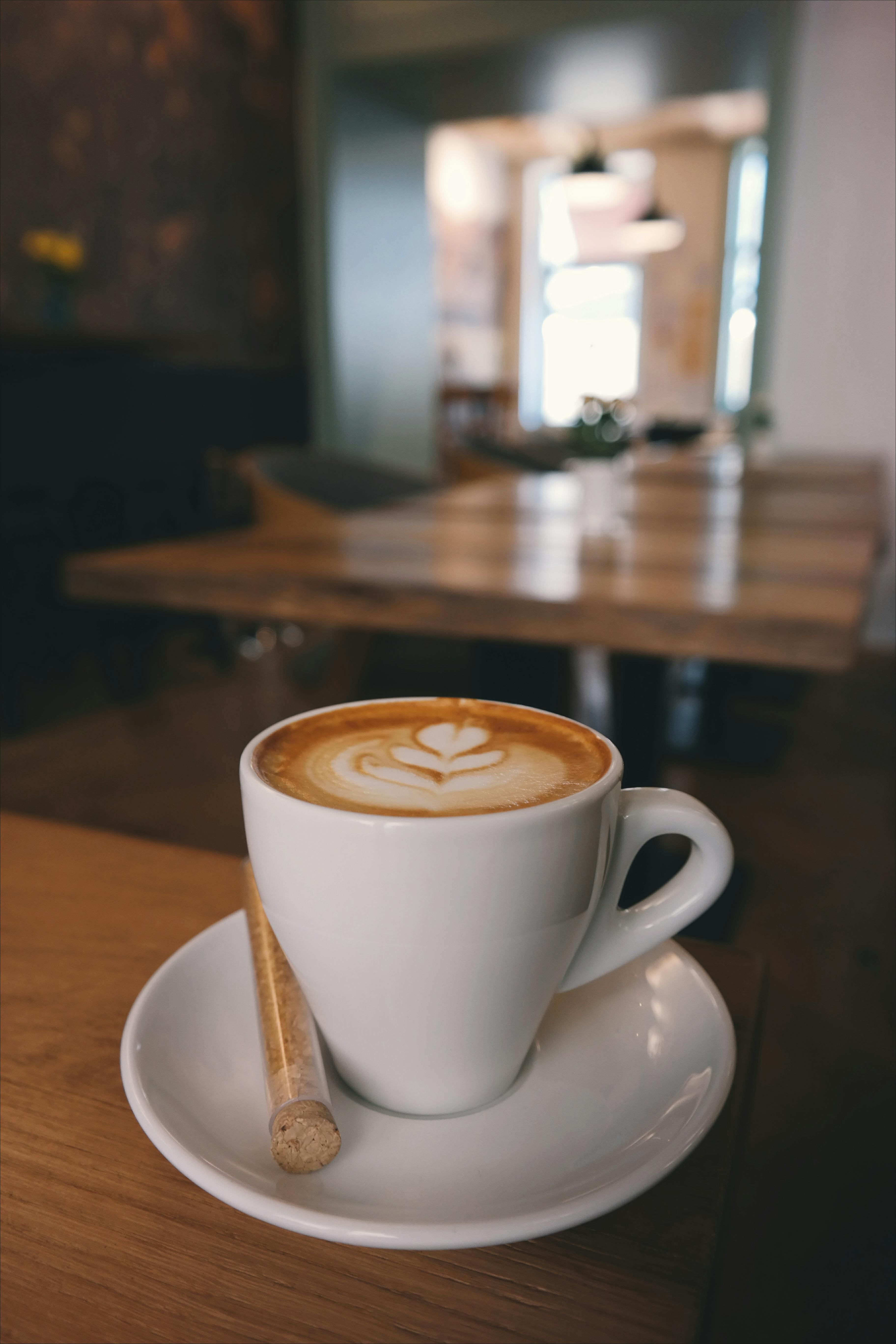
Coffee Cup · Free Stock Photo
Consuming coffee produces no net benefit to our ability to work efficiently because we become tolerant to that effect - Peter Rogers. "As the body gets used to receiving caffeine on a daily.

FileWhite cup of black coffee.jpg
One cup of brewed black coffee with no cream or sugar added (240g) provides 2.4 calories, 0.3g of protein, 0g of carbohydrates, and 0g of fat. Coffee is a source of potassium and magnesium. The following nutrition information is provided by the USDA. Calories: 2.4.
FileA small cup of coffee.JPG Wikipedia
An 8-ounce cup of coffee typically has 80 to 100 mg of caffeine. So, aim for about three to four cups a day, max. Cut back if you're expecting.
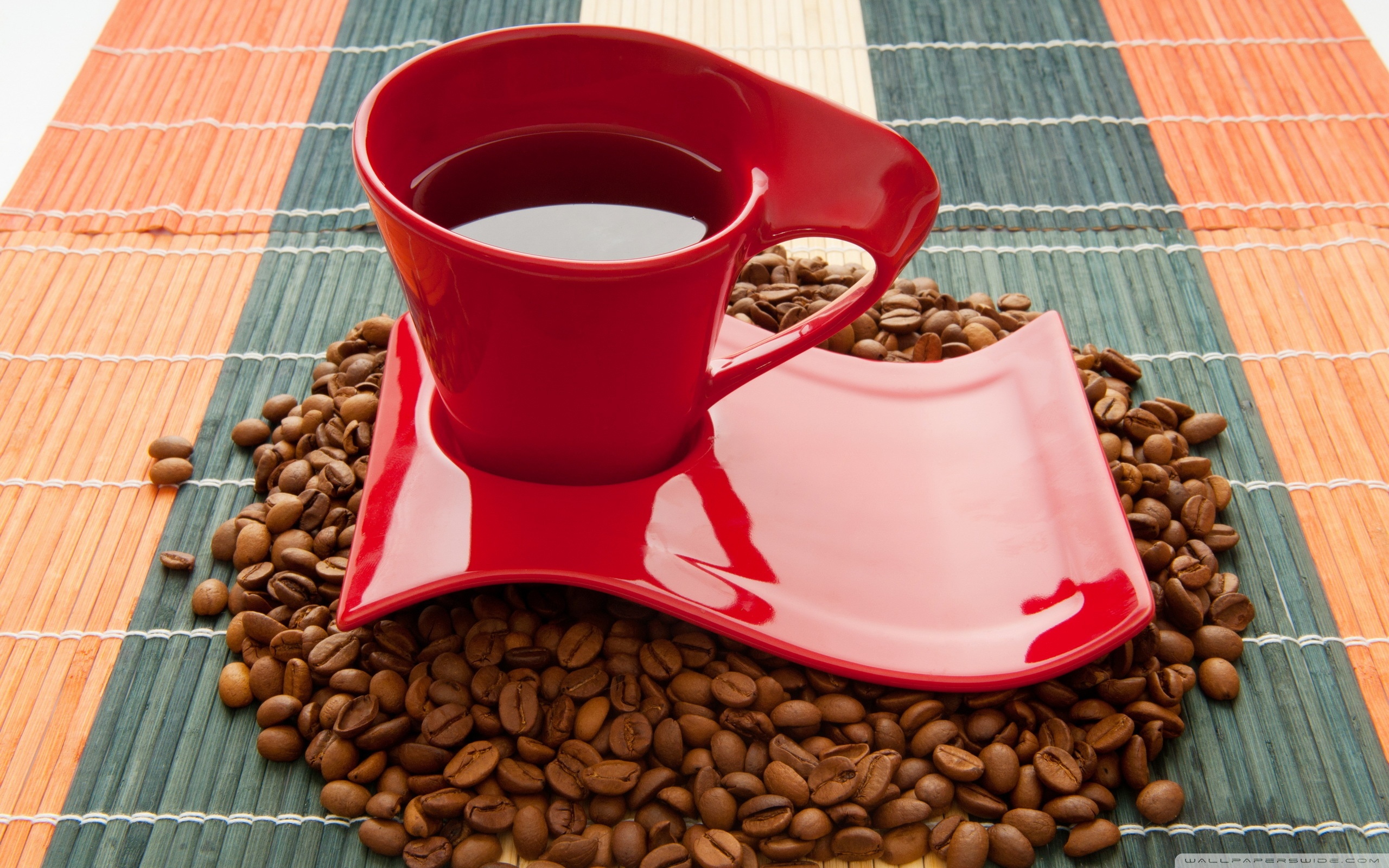
Red Coffee Cup Wallpaper Cups and Dishes Wallpaper (28466310) Fanpop
A 12-ounce can of a caffeinated soft drink typically contains 30 to 40 milligrams of caffeine. An 8-ounce cup of decaf coffee can have 2-to-15 milligrams of caffeine. A 16-ounce cold brew from.
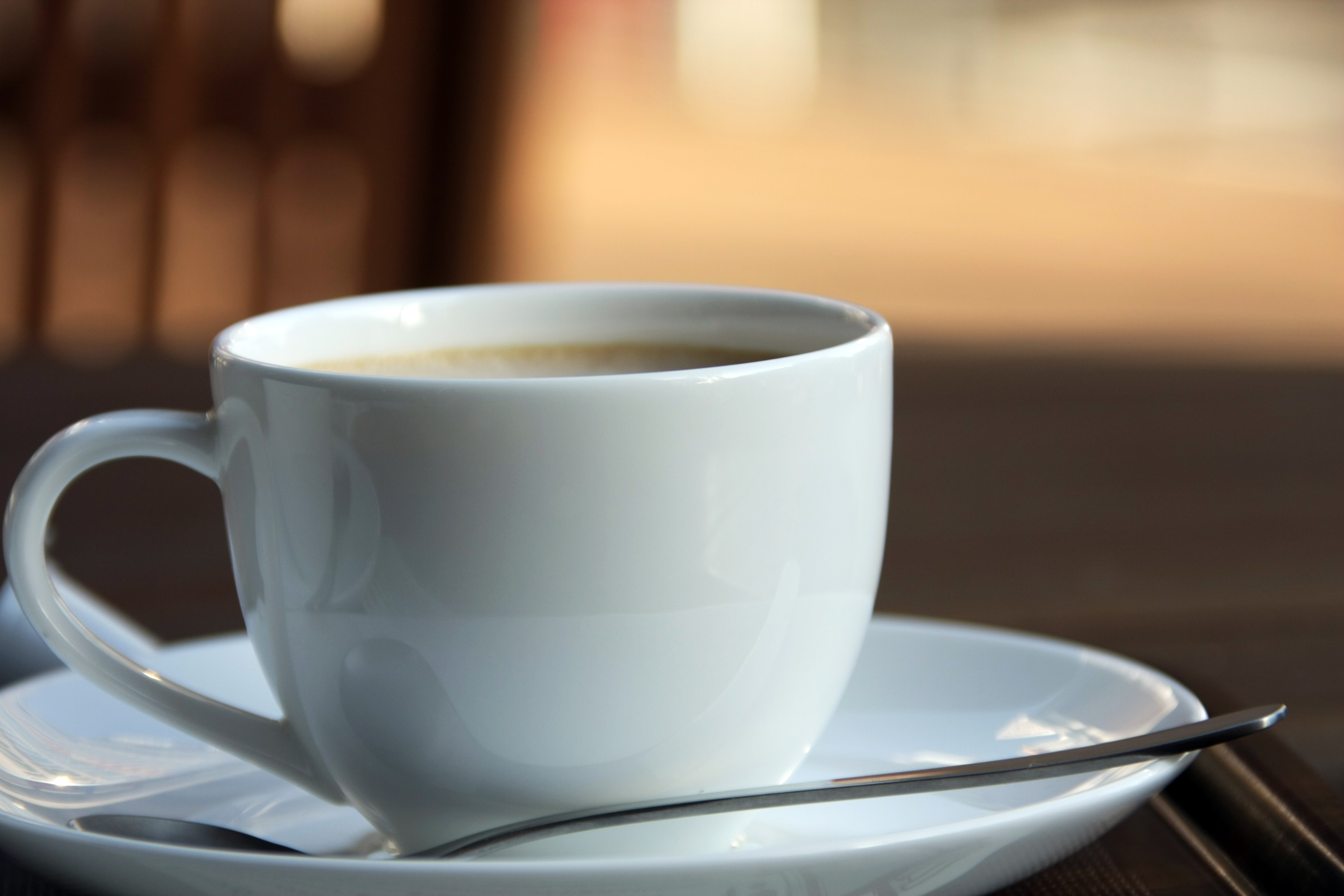
FileA time for a cup of coffee.jpg Wikimedia Commons
Coffee shops are also notorious for their large cup sizes, which can range up to 700 ml (24 oz). The amount of coffee in such cups is equivalent to about 3-5 regular-sized cups of coffee. Starbucks

Cup of Coffee on a plate image Free stock photo Public Domain photo CC0 Images
This article takes an in-depth look at 9 of the top evidence-based benefits of coffee. 1. Boosts energy levels. Coffee contains caffeine, a central nervous system stimulant that is known for its.

Cup of strong black espresso coffee Free Stock Image
A small home-brewed cup of coffee could provide 50 mg, while a 16-ounce (475-ml) Starbucks grande packs over 300 mg. As a general rule, you can assume that an average 8-ounce (240-ml) cup of.
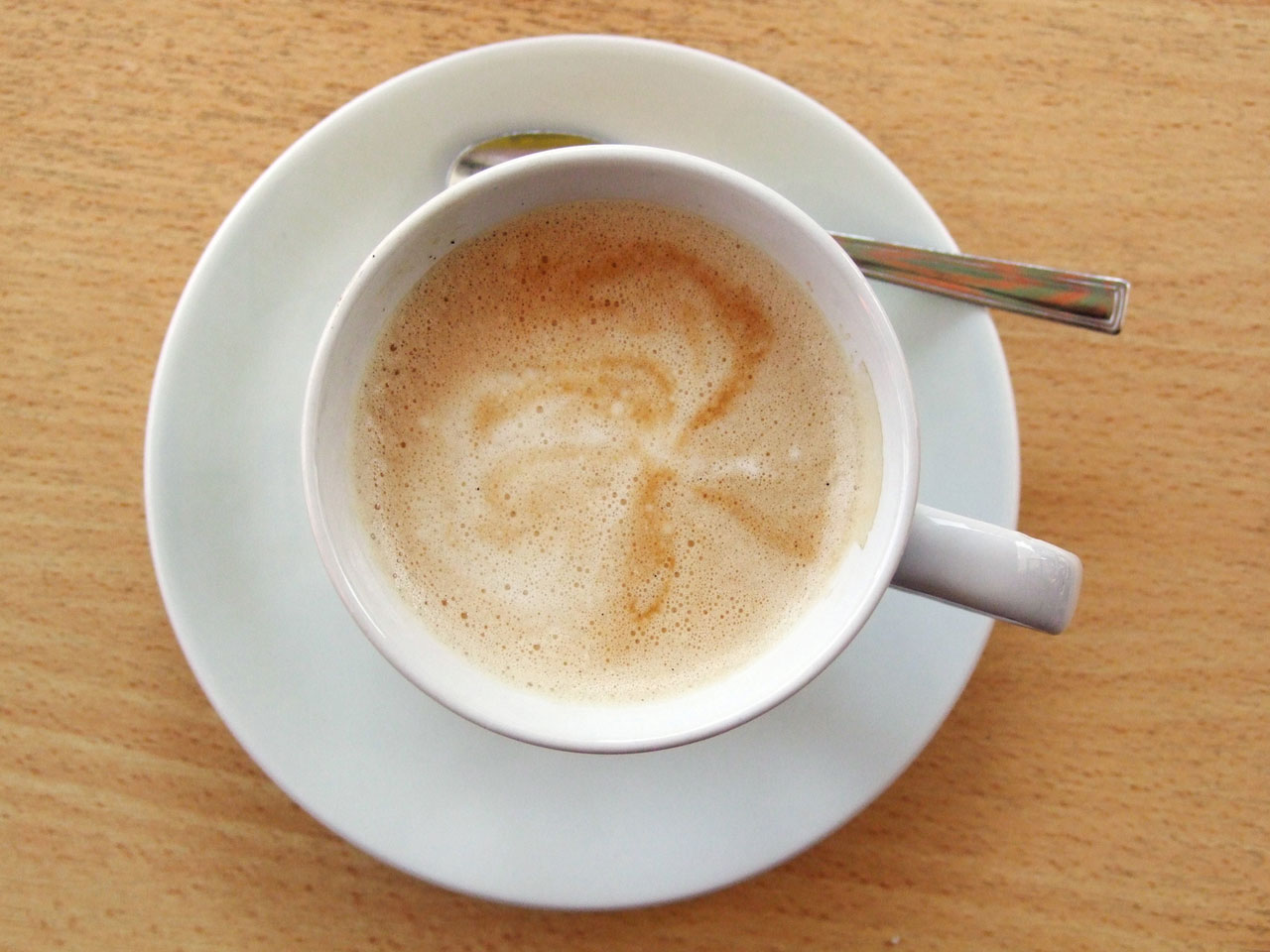
Cup Of Coffee Free Stock Photo Public Domain Pictures
Brewed coffee's caffeine content starts at approximately 95mg per 8-ounce cup and goes up from there. Surprisingly, coffee made from lighter roasts contain slightly more caffeine than darker roasts. Lighter roasted beans are a bit denser than beans that have been roasted for longer at higher temperatures.
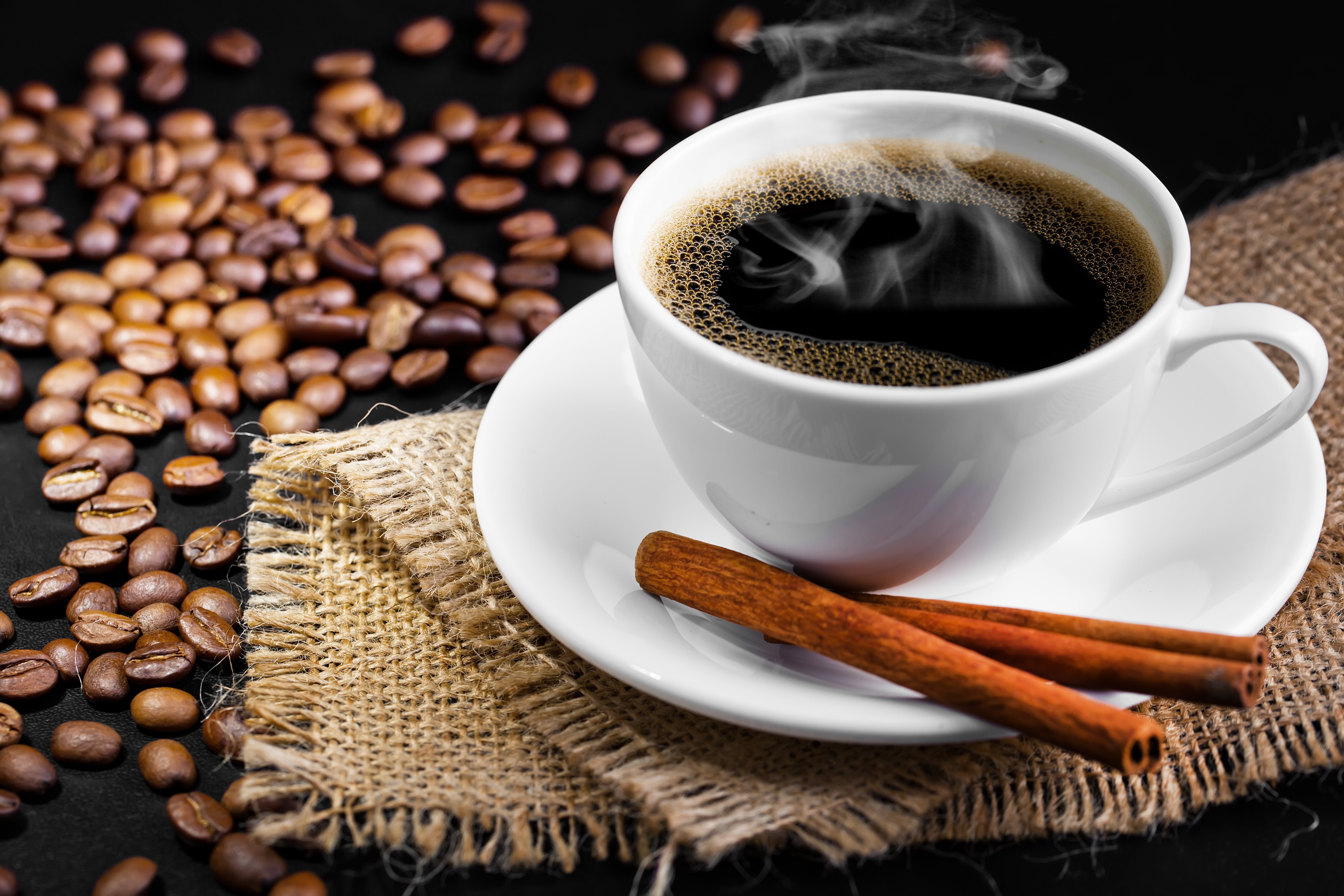
White coffee Cup wallpapers and images wallpapers, pictures, photos
According to the Dietary Guidelines for Americans, it's safe for most women to drink three to five cups of coffee a day with a maximum intake of 400 milligrams of caffeine. (Caffeine content can vary depending on the type of coffee, but an average 8-ounce cup has 95 milligrams.) But if you're pregnant or breastfeeding, the rules are different.

FileWhite cup filled with coffee.jpg
Some studies looking at tea and coffee intake (not caffeine specifically) have shown that drinking one to three cups of coffee a day may be linked to a lower risk of certain diseases. These include type 2 diabetes and Parkinson's disease. But more research is needed before doctors can be sure if caffeine lowers your risk of disease.
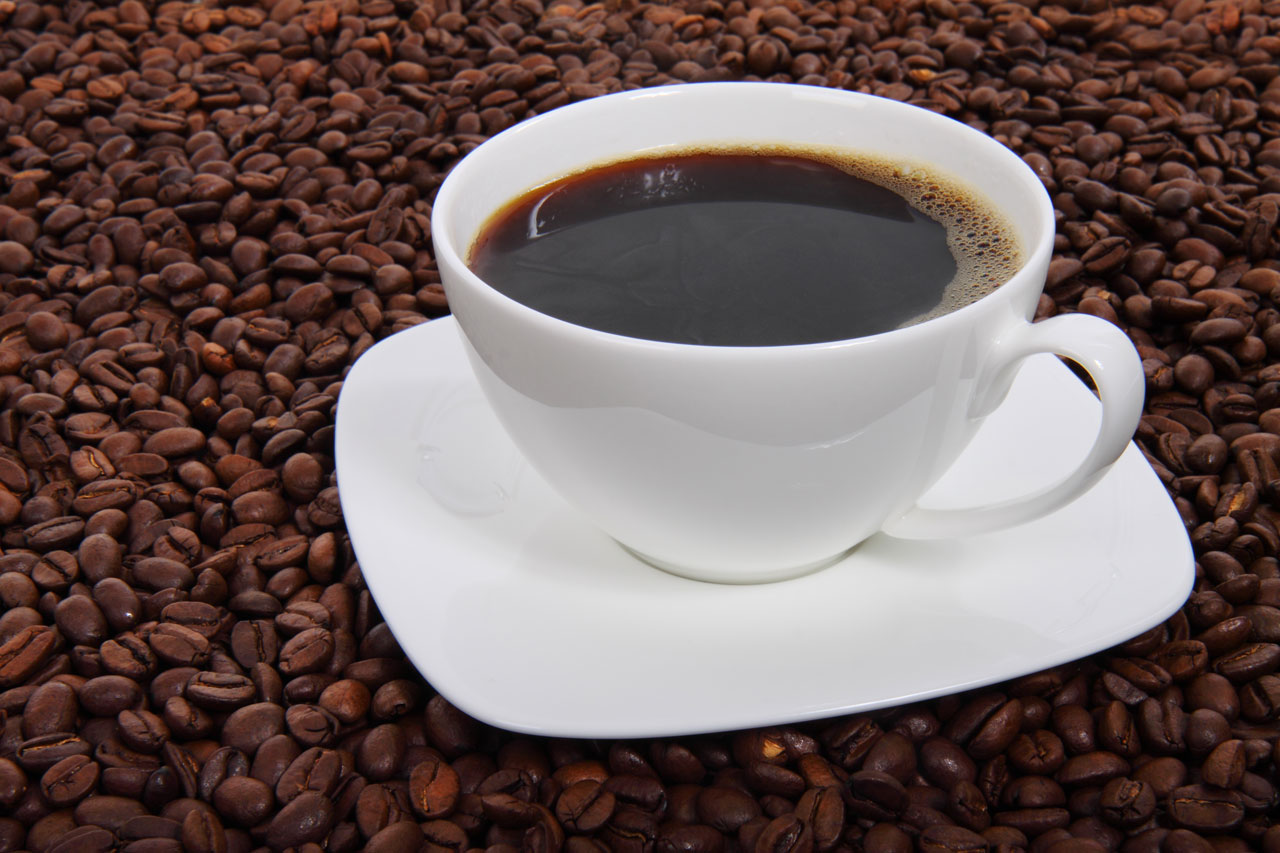
Cup Of Coffee Free Stock Photo Public Domain Pictures
Keep in mind that the actual caffeine content of a cup of coffee or tea can vary quite a bit. Factors such as processing and brewing time affect the caffeine level. So use these numbers as a guide. Coffee drinks Size in oz. (mL) Caffeine (mg) Brewed: 8 (237) 96: Brewed, decaf: 8 (237) 2: Espresso: 1 (30) 64: Espresso, decaf: 1 (30) 0: Instant: